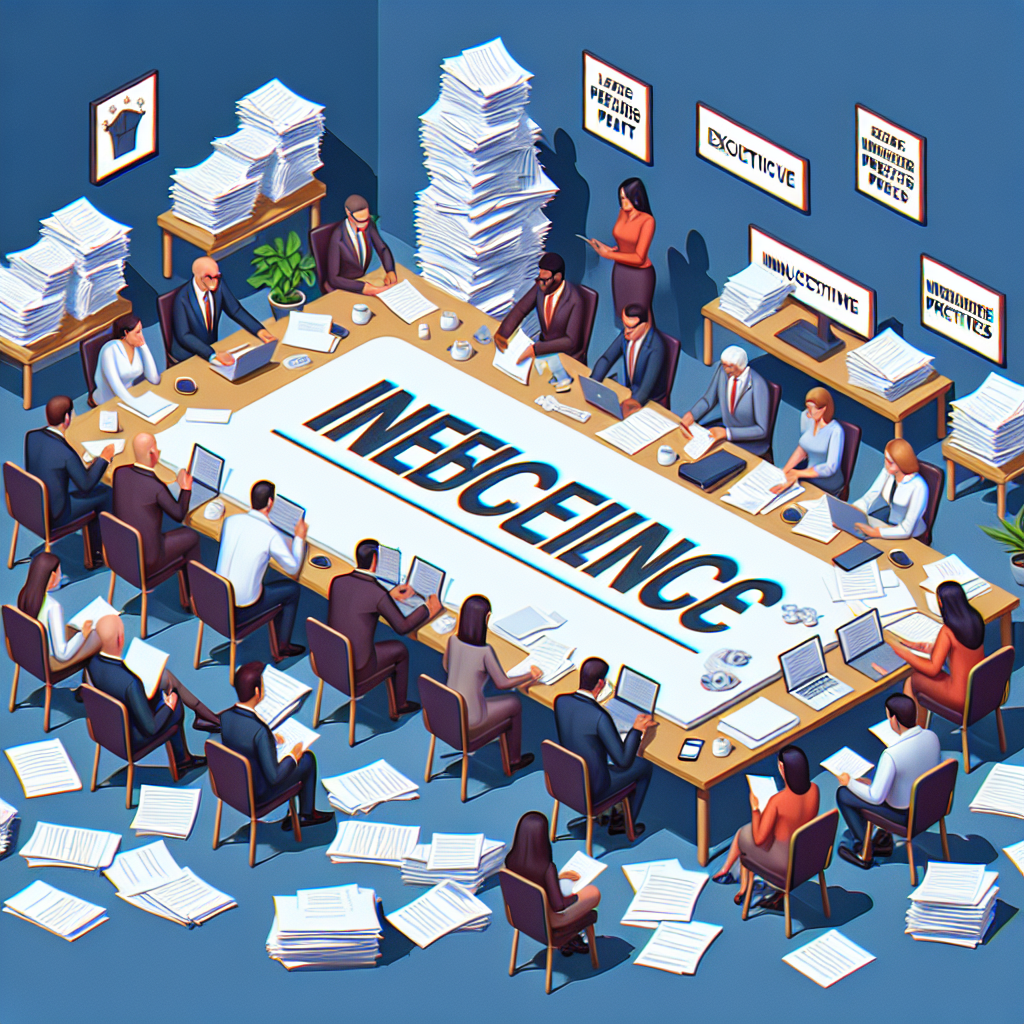
Digging Deeper: The Key to Effective Problem-Solving

Stop Treating Symptoms – Address the Root Cause
In our fast-paced world, it’s all too tempting to patch things up and move on. But let’s get to the heart of the matter: merely treating the symptoms of a problem is like putting a band-aid on a leaking pipe. Sure, it might hold for a while, but the leak will inevitably return, often worse than before. At City Skills, we believe in digging deep, unearthing the actual cause of challenges, and tackling them head-on. So, why not make it a habit to always ask “why”?
Understanding the Importance of Digging Deeper
Picture this: you’re dealing with a recurring issue at work. Maybe it’s a lack of communication within your team, or perhaps productivity is dipping inexplicably. The easy route is to slap on a quick fix, like more meetings or occasional reminders. But will those measures bring about lasting change? Not likely. By simply treating symptoms, you might stave off the immediate problem but neglect the underlying causes.
So how do we move beyond the surface? The key lies in understanding the real issue at play. It’s not about counting the number of times you ask “why,” but genuinely seeking to understand what’s behind the issue. This methodical approach is a powerful tool that leads to sustainable solutions.
4 Steps to Get to the Root of Issues
Here’s a straightforward method to tackle any problem:
- Identify the problem clearly: Start with an honest assessment of what’s happening. What’s the surface issue? Take time to observe.
- Ask why it’s happening: Dig deeper into the details. This is where the real investigation begins.
- Keep asking why: Don’t stop until you reach the core of the issue. This might take you through several layers of potential causes.
- Develop a targeted solution: Once you’ve pinpointed the root cause, create a customised solution that addresses it directly.
This approach not only leads to more effective solutions but encourages a culture of teamwork and open communication. People start to feel valued when their concerns are taken seriously.
A Reflective Perspective on Problem-Solving
Now, I’ll let you in on a little personal insight. A few years ago, I found myself in a spot of bother with a project that just wouldn’t seem to progress. We were simply putting out fires instead of tackling the core problems. It wasn’t until a colleague suggested we do a root cause analysis that we got anywhere. Once we uncovered the communication breakdown between departments, it felt as if a heavy fog had lifted. Just like that, we could finally move forward. It was a game changer.
This experience taught me that the act of digging deep isn’t just about fixing problems; it’s about fostering a better work environment where creativity thrives. When we tackle the root cause, we not only solve the problem at hand but lay down a sturdy foundation for future success.
How Do You Approach Challenges?
So, next time you’re faced with a nagging issue, I encourage you to pause and reflect. What layers might there be beneath the surface? Are you merely treating symptoms? Or have you gotten to the root cause of your dilemma?
Remember, to get lasting results, we’ve got to be thorough. It’s time to shift our mindset and approach problems with curiosity and determination. Addressing the root cause is not just a strategy; it’s a philosophy that can transform the way we work.
Have you ever encountered a problem that seemed relentless? How did you ultimately get to the bottom of it? Let’s continue this conversation and learn from one another.




